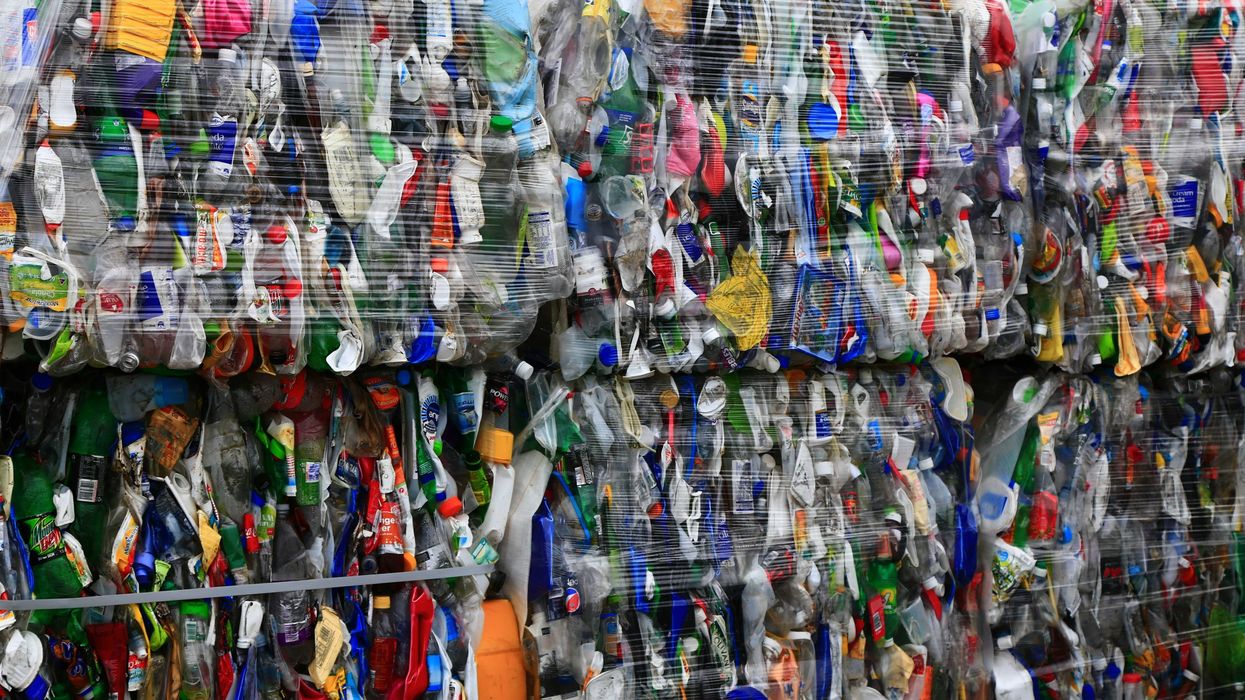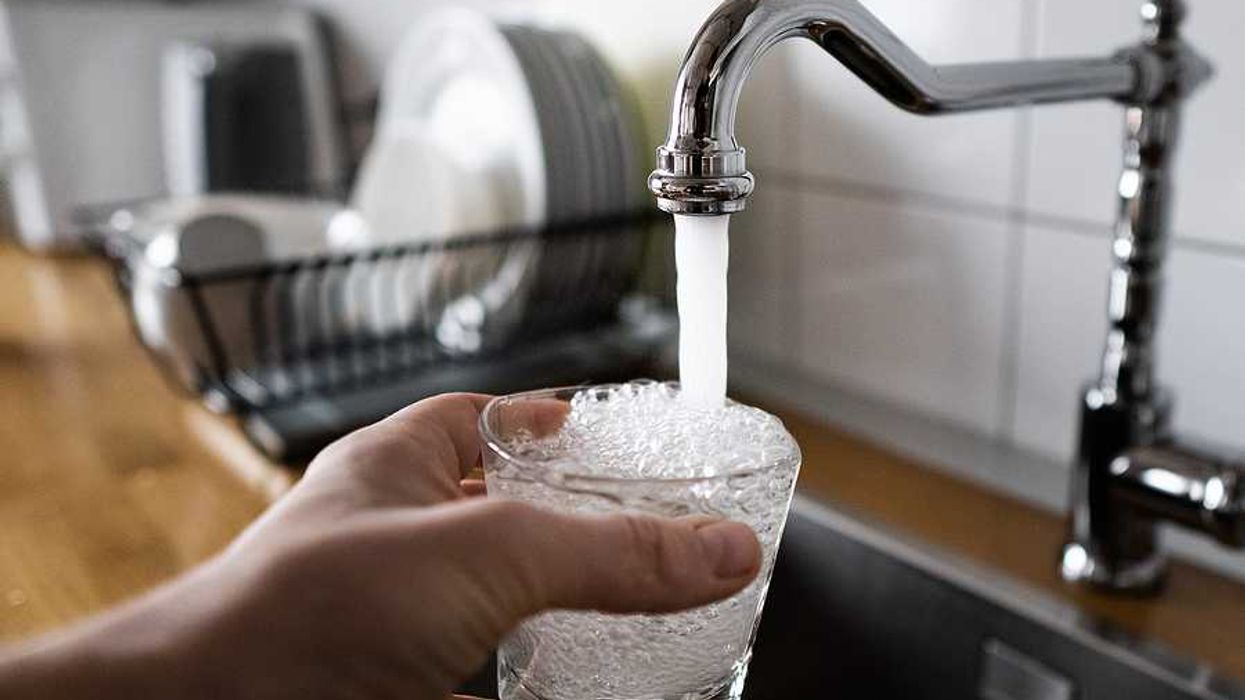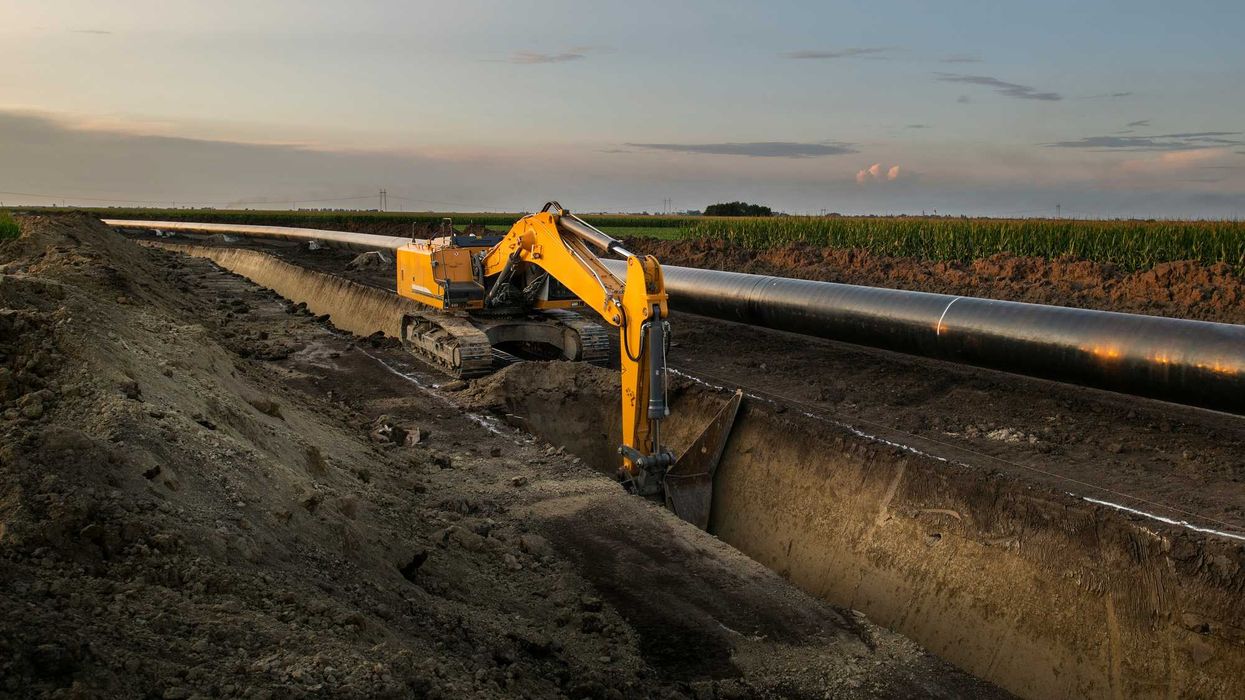Toxic substances found in Hawaii's groundwater near the Navy's Red Hill fuel complex prompt urgent calls for a comprehensive investigation.
Christina Jedra reports for the Honolulu Civil Beat.
In short:
- State and federal regulators have found widespread PFAS contamination in the soil and groundwater around the Red Hill facility.
- Despite findings of dangerous PFAS levels exceeding EPA standards, the Navy has no immediate plans to expand monitoring or start remediation.
- The Navy's use of PFAS, a persistent and toxic group of chemicals, may have historical roots, indicating longstanding environmental risks.
Key quote:
“The Navy is committed to working with regulators on efforts to monitor, delineate, and remediate the area in and around Red Hill and to ensure the drinking water continues to meet all state and federal standards and requirements.”
— Lt. Cmdr. Joe Keiley
Why this matters:
Regulations often include provisions for regular monitoring and testing of water supplies, industrial discharges, and other potential sources of PFAS contamination. This ensures that any exceedances of PFAS standards are quickly identified and addressed, protecting communities such as those around the Red Hill facility from prolonged exposure.
This Derrick Z. Jackson piece shares heart-wrenching anecdotes from Portsmouth, New Hampshire, where people like Nancy Eaton have lost loved ones to illnesses like cancer, believed to be linked to PFAS exposure at the former Pease Air Force Base.














